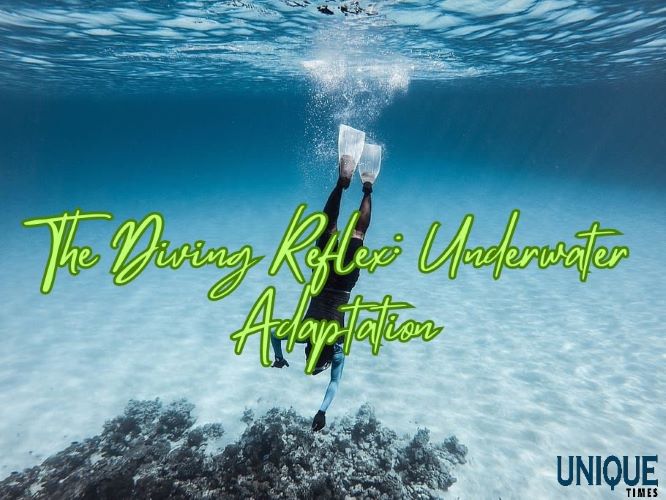Understanding the Diving Reflex: How Our Bodies Adapt Underwater

The diving reflex, also known as the mammalian diving reflex, is a remarkable physiological response observed in various mammals, including humans, when submerged in water. This instinctive reaction showcases the body’s remarkable adaptability to underwater environments, allowing for prolonged submersion and enhanced survival capabilities.
Physiological Changes Underwater
When exposed to cold water, the human body initiates several crucial physiological changes as part of the diving reflex. The activation of the parasympathetic nervous system leads to bradycardia, or a reduction in heart rate, which helps conserve oxygen and redirects blood flow to vital organs. Additionally, peripheral vasoconstriction occurs, constricting blood vessels in the extremities to conserve body heat and prioritize the distribution of oxygenated blood to essential organs.
Developmental Aspects and Evolutionary Significance
The diving reflex is more pronounced in infants, reflecting our evolutionary connection to aquatic environments. This reflex enables babies to hold their breath and survive briefly underwater, underscoring the importance of this adaptive mechanism in the survival of species with historical ties to water.
Exploring Practical Applications
Scientific research has unveiled potential applications of the diving reflex in diverse fields, including medicine and sports. Studies have highlighted the therapeutic implications of the diving reflex for conditions like hypoxia, brain injuries, and cardiac arrests. Furthermore, athletes and sports professionals have investigated ways to leverage the diving reflex to enhance performance and improve breath-holding capabilities, particularly in activities such as freediving and swimming.
The Diving Reflex: A Testament to Human Adaptability
In essence, the diving reflex serves as a testament to the remarkable adaptability of the human body in the face of challenging environments, especially when confronted with the constraints of underwater immersion. Understanding the intricacies of this innate response not only emphasizes our evolutionary ties to water but also holds promise for advancements in medical research and sports performance. As we continue to delve deeper into the complexities of the diving reflex, we unravel the extraordinary capabilities of the human body, showcasing its ability to navigate diverse environments, both on land and underwater.
Picture Courtesy: Google/images are subject to copyright








